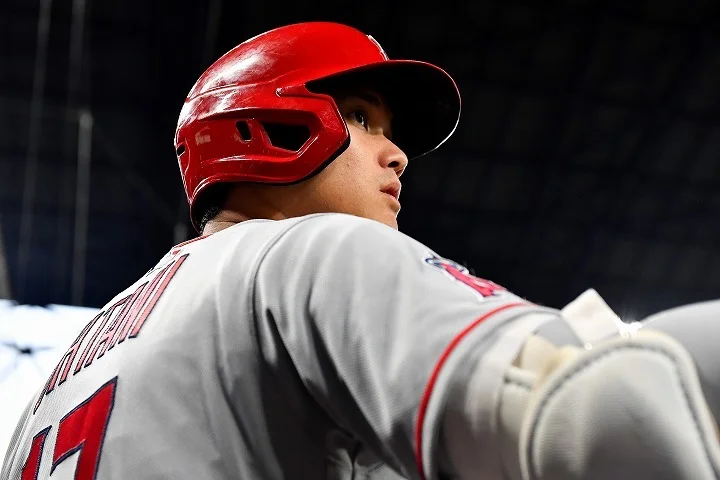On October 1, the Los Angeles Angels announced that they had agreed to a one-year, $30 million contract with Shohei Ohtani, avoiding arbitration. The $30 million annual salary is actually a raise of more than five times from this season’s $5.5 million (about ¥796 million). It is the highest salary in history for a player with the right to arbitrate his salary, surpassing the $27 million salary Mookie Betts (now with the Los Angeles Dodgers) signed with the Boston Red Sox in 2020.
Avoiding Annual Salary Arbitration
Now, some of you may be confused by the unfamiliar expression “avoiding annual salary arbitration. Let me reiterate MLB’s annual salary arbitration system.
In MLB, players with at least three years of major league experience before becoming free agents (FA) are granted the right to arbitrate their salaries. In a nutshell, the right to salary arbitration means that a player has the right to dispute the salary offered by the team. The player who has the right of salary arbitration first exchanges his salary expectations with the team (first of all, the team’s offer is lower without exception). In most cases, an agreement is reached on an amount somewhere in the middle, but if the parties cannot reach a final agreement, they proceed to salary arbitration.
In the salary arbitration, the team and player sides argue the validity of their respective claims with data and other information. In the end, a third-party mediator adopts either the team’s or the player’s side of the argument to determine the annual salary.
Ohtani’s two-year, $8.5 million contract, which he signed in the 2020 offseason, expires at the end of this season. However, since he has not yet acquired FA rights, his salary for 2023 was to be determined through the salary arbitration process as explained above. In other words, this contract skipped this process entirely.
If it goes all the way to the last round of arbitration, it could be delayed until the next year’s camp. Perhaps Ohtani did not want the salary issue to interfere with his off-season training. This may have led to the avoidance of arbitration at the unusual timing of just before the end of the regular season.
However, the conclusion of the deal does not guarantee that Ohtani will continue to play for the Angels next season. The Angels can trade Otani at any time if they want to. The fact that the salary for next season has already been set may be a good thing for the team that is trying to acquire him.
When the World Series is over and the Stove League begins, the “second chapter of the madness” surrounding Ohtani’s departure will begin, as it did this summer.
Shohei Ohtani, Nasty 86mph Slider. 😨
8th K thru 6.
And…🤫 pic.twitter.com/OPon12H1W2
— Rob Friedman (@PitchingNinja) September 30, 2022


コメント